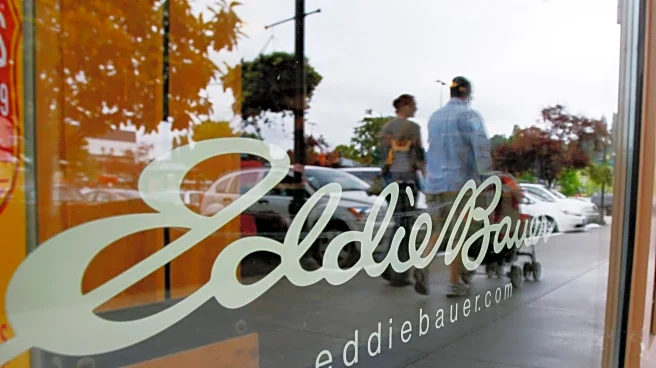What's Happening?
President Trump has reiterated his threat to deploy the National Guard to Chicago, a move that has sparked significant debate among local leaders. Mayor Brandon Johnson and Governor JB Pritzker have expressed concerns over federal intervention, viewing it as an overreach. The city faces deep-rooted issues such as poverty, inadequate housing, and systemic racism, which contribute to violence in neighborhoods like Austin and Englewood. Despite a decline in overall crime rates, these areas continue to experience high levels of violence. Community leaders are urging collaboration between federal and local governments to address these systemic issues.
Why It's Important?
The potential deployment of the National Guard to Chicago highlights ongoing tensions between federal and local authorities regarding crime and public safety. While some view federal intervention as necessary, others see it as a temporary fix that does not address the root causes of violence. The situation underscores the need for comprehensive solutions that tackle poverty, unemployment, and racial disparities. The debate also reflects broader national discussions on the role of federal forces in local governance and the balance of power between different levels of government.
What's Next?
The future role of the National Guard in Chicago remains uncertain, with historical precedents showing mixed outcomes from past deployments. Local leaders are calling for a collaborative approach to develop long-term solutions that address the underlying causes of violence. The focus is on creating safer communities through bipartisan efforts and leveraging resources from both federal and local governments. The urgency for action is high, with community safety and well-being at stake.
Beyond the Headlines
The debate over federal intervention in Chicago raises ethical and cultural questions about the use of military forces in civilian areas. It also highlights the need for systemic change in addressing urban violence and inequality. The situation could lead to long-term shifts in how cities approach public safety and community relations.










